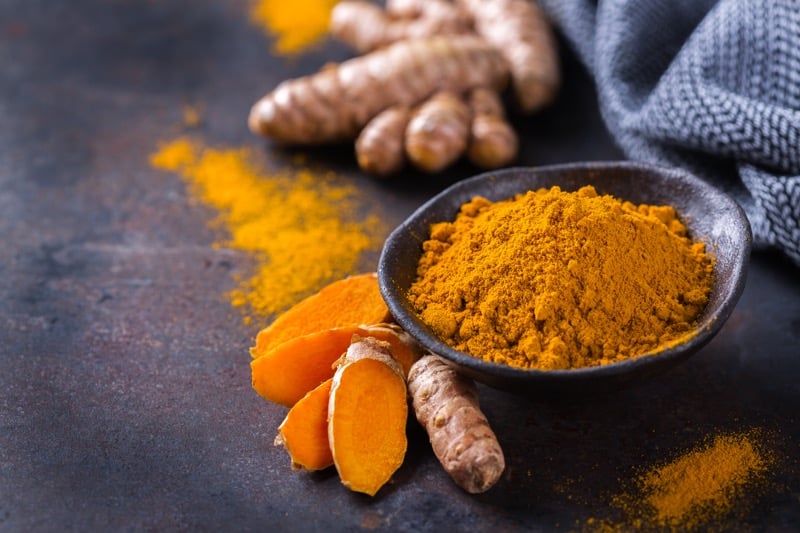Spices

Herbs and spices were used for their therapeutic benefits even before they were used in cooking. Herbs and spices, such as fenugreek, turmeric, ginger, and garlic, have shown evidence to enhance insulin sensitivity. Fenugreek is rich in soluble fiber, which increases the effectiveness of insulin.
Turmeric may help prevent and treat diabetes due to its antioxidant and anti-inflammatory properties. Inflammation is associated with obesity, insulin sensitivity, and a higher likelihood of acquiring type 2 diabetes. Curcumin, an active component found in turmeric, has powerful antioxidant and anti-inflammatory effects. It boosts insulin sensitivity by decreasing free fatty acids and blood sugar.
Moreover, ginger, a common spice, is associated with enhanced insulin sensitivity. Gingerol in Gingers induces sugar receptors on muscle cells to be more accessible, enhancing sugar absorption. Using ginger in moderation might be a beneficial complement to diabetic therapy. Consuming up to 4 grams per day may assist in lowering blood sugar and regulating insulin production.
Lastly, garlic boosts insulin secretion and has antioxidant characteristics that promote insulin sensitivity. Several studies show that taking modest quantities of garlic, at least one clove or equivalent per day, may help manage blood sugar levels and increase insulin sensitivity for insulin-resistant patients.










